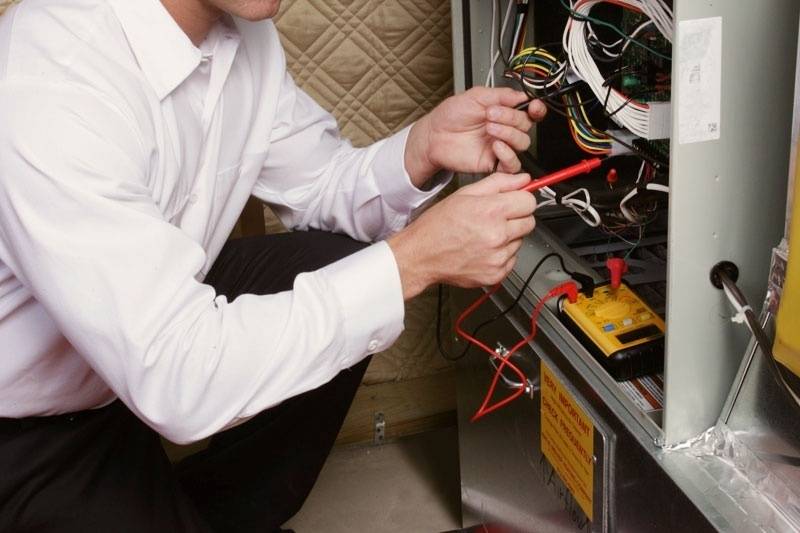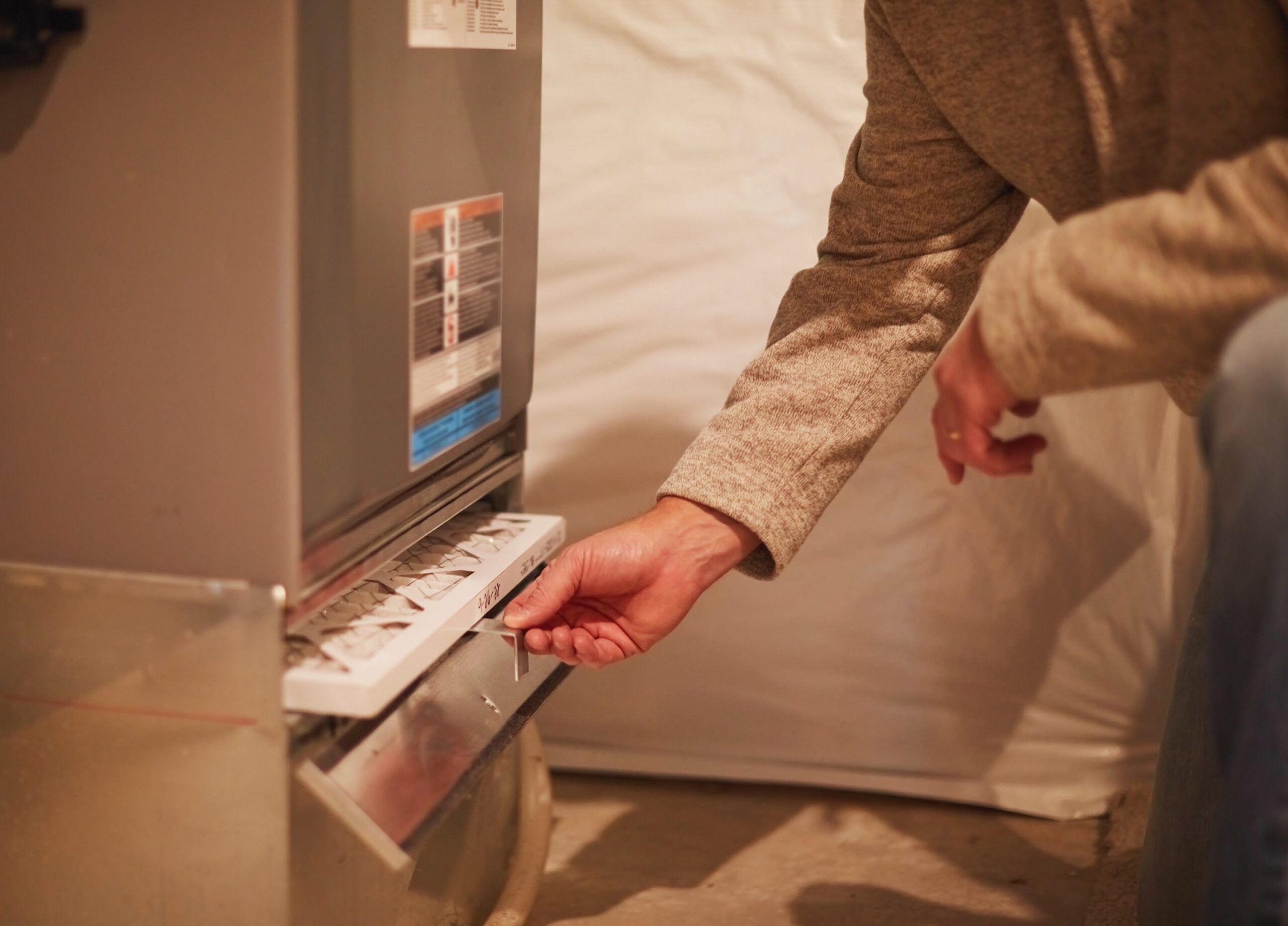When your gas furnace dies and you are in need of an upgrade, you may find yourself considering making the switch from gas to electric. Many homeowners are drawn to electric systems thanks to their positive impact on the environment and their indoor air quality. However, gas furnaces still offer some benefits that electric units can’t.
The NATE-certified HVAC experts at National Heating and Air Conditioning discuss the factors homeowners may want to consider when choosing between a gas and electric furnace.
5 Factors To Consider
If you’re thinking about converting from a gas to an electric furnace, there are a few factors you’ll want to consider to determine if it’s the right decision for your home and your unique needs.
Energy Efficiency
If you are concerned about energy efficiency, a gas furnace is more efficient, especially in cold climates like Cincinnati. The heat produced from the gas is hotter than heat produced by electric coils to give you greater heating power. While nearly all the energy used by an electric furnace is converted to heat, new high-efficient gas furnaces with an AFUE of 90% or higher will still be slightly more efficient.
Cost Comparison
When considering the cost of both gas and electric furnaces, you have to consider both the cost of installation and the cost of operation. An electric furnace is initially cheaper than a gas furnace because of the simplicity of the installation. However, electricity is sometimes more expensive than gas, making it more costly to operate each month.
Environmental Impact
Eco-friendly homeowners may be attracted to electric furnaces because of their reduced carbon footprint. Electric furnaces do not use combustion to create heat and, therefore, don’t emit gases that may impact global warming. Especially when combined with green energy like solar panels, this makes an electric furnace an environmentally friendly choice.
Lifespan
Since a furnace is a major investment in your home comfort, you’ll want to choose one that lasts for years to come. While many factors can impact the lifespan of your equipment, the overall lifespan for an electric model is longer. With proper maintenance, a gas system will last about 15 to 20 years, while an electric furnace can last 20 to 30.
Safety Risks
Using a gas furnace to heat your home comes with a risk of carbon monoxide exposure. These risks can be reduced with proper venting, regular inspections, and routine maintenance. However, an electric furnace does not pose these same risks and is considered a safer option.
Schedule a Furnace Consultation in OH
If you’re ready for furnace replacement for your Ohio home, rely on National Heating and Air Conditioning today for superior service and expert advice. Our team of certified technicians stands behind their work with a 100% satisfaction guarantee and is backed by over 90 years of experience. Plus, with our available specials, you can save on your next service with our team.
Get an estimate for a new furnace by contacting National Heating and Air Conditioning today in the greater Cincinnati area.







